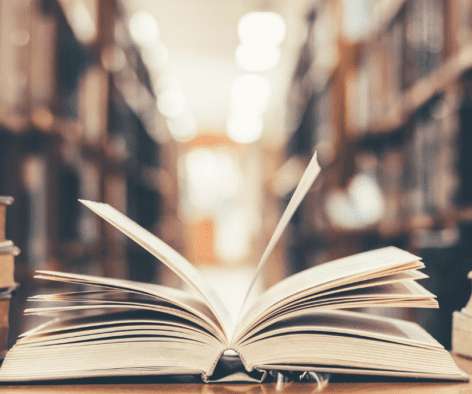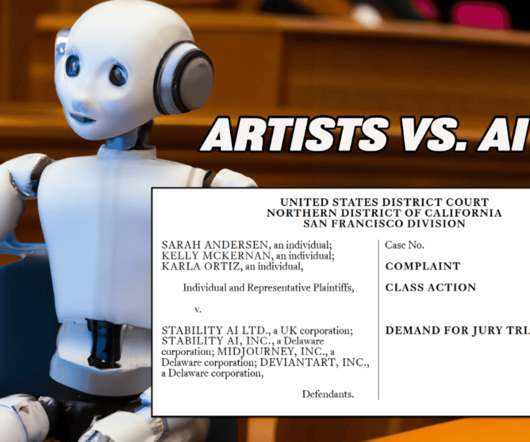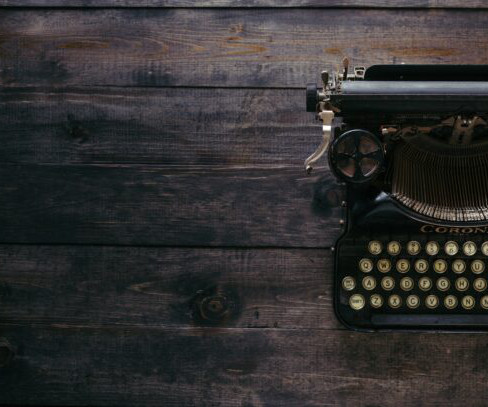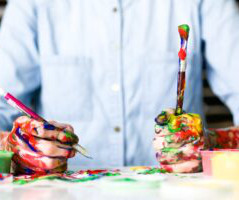Understanding the Pearson v. Chegg Copyright Infringement Lawsuit
Plagiarism Today
SEPTEMBER 15, 2021
In the lawsuit, Pearson alleges that Chegg, through the use of thousands of freelancers, provides answers to questions found in textbooks it publishes and, in doing so, often copies the question verbatim or with slight paraphrasing. As a result, Pearson is suing Chegg alleging copyright infringement.













Let's personalize your content